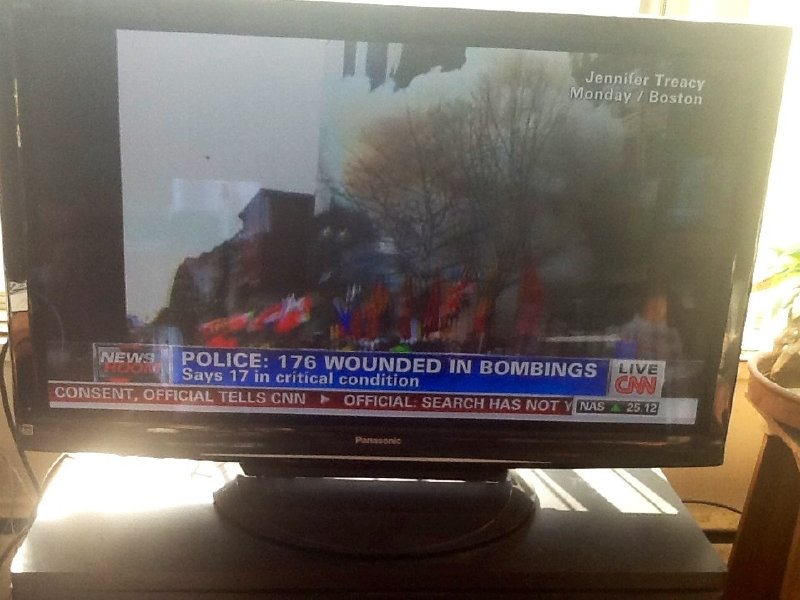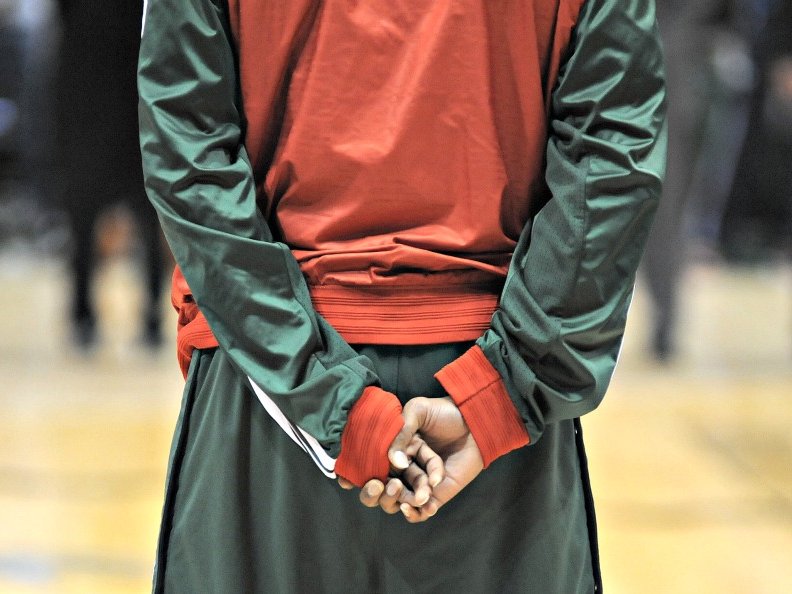When tragedy strikes, there are simply no words.
However, the world looks to journalists, photographers, reporters, photojournalists and multiple news outlets to provide coverage, to give information and, most importantly, deliver a sense of perspective.
Some professionals in this world do this well. Others, far from it. When explosions rocked the finish line area of the Boston Marathon on Monday afternoon, news outlets went scrambling to provide information and get it to people.
"We still do not know who did this or why," President Obama said Monday evening from the Brady Press Briefing Room. "But make no mistake, we will get to the bottom of this, and we will find out who did this, we'll find out why they did this."
As viewers, listeners and readers, we have our favorites we go to in times of breaking news. Through previous experiences, we’ve counted on these TV stations, bloggers, radio stations and online outlets to give us information as it becomes available.
In these sharing times we live in, many go to social media to share their thoughts, opinions and speculations. I’ve read differing views from prayers for the victims, to wishing death upon those who committed these cowardly terrorism acts. Cell phone video footage and Instagram photos were sent far and wide though these social networks.
I’ve heard the retelling of stories from people who witnessed the events. I’ve also read of commentators on national news outlets with political slants offer theories as to why the people they are against are somehow responsible.
The Red Cross made use of Twitter to send out updates and direct volunteers on where to donate blood to help victims, and the hash tag of #BostonMarathon went from race-day information to one used to send prayers and condolences.
As details come forward, and the investigation continues, more about what took place will be reported. We will hear stories of the first responders and people who offered their help to complete strangers injured in the explosions.
Descriptions of the "War Zone" with accompanying logos with the words of "terror" and "attack" blazing in red as an intense music track is played in the background – this will be the norm on news coverage for the next few days.
For some, it may feed an appetite for being in the know, as others will be repulsed with how sensational news outlets will make this story to get you to watch them over others.
The truth is after a tragedy, we all want answers. Media outlets will be scrambling until answers are uncovered. If the coverage gets to be too much, my best advice is to turn the TV, the radio and your computer off.
I too posted on social media on Monday afternoon, and I’ll share with you this piece of wisdom shared with me from someone much smarter and wise than I:
"My mother would say to me, 'Look for the helpers. You will always find people who are helping.’ To this day, especially in times of ‘disaster,’ I remember my mother’s words, and I am always comforted by realizing that there are still so many helpers – so many caring people in this world." –Fred Rogers
Media is bombarding us everywhere.
Instead of sheltering his brain from the onslaught, Steve embraces the news stories, entertainment, billboards, blogs, talk shows and everything in between.
The former writer, editor and producer in TV, radio, Web and newspapers, will be talking about what media does in our community and how it shapes who we are and what we do.







